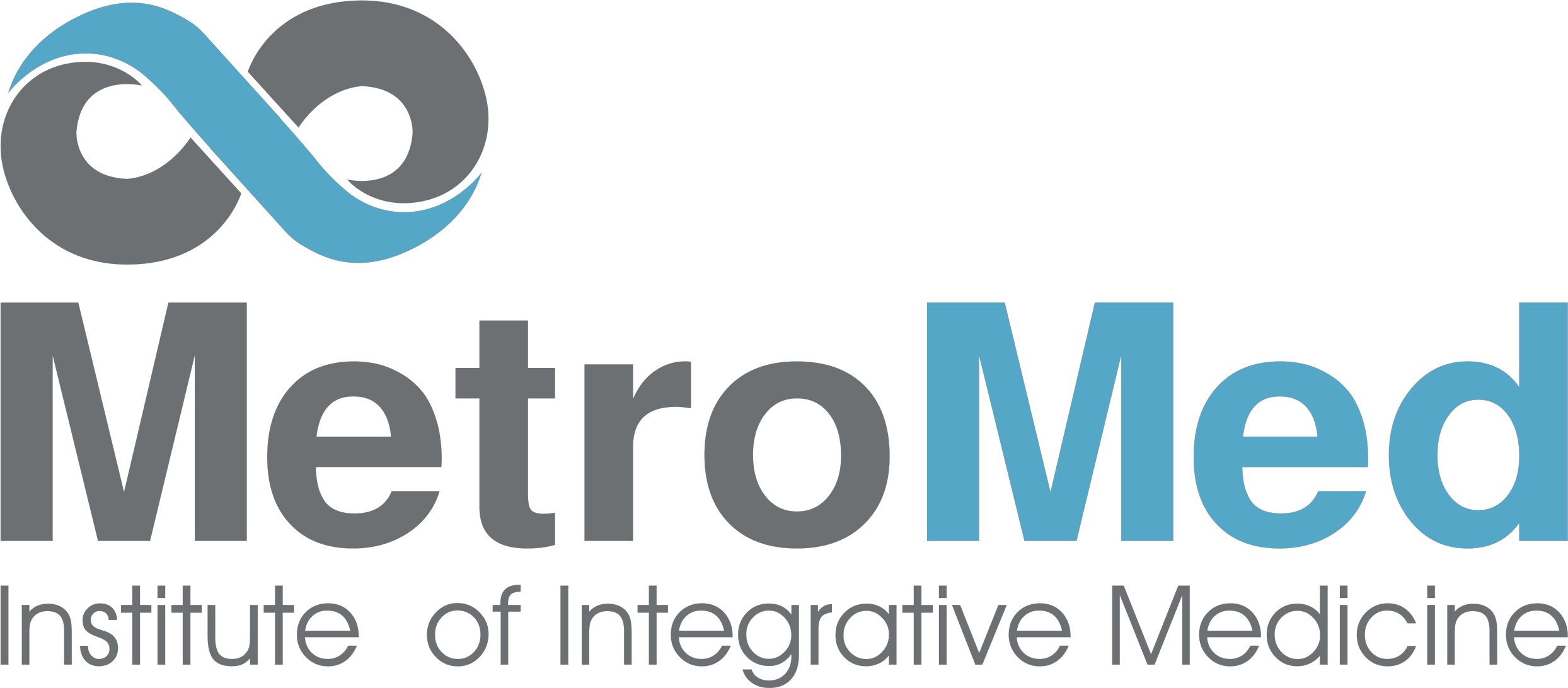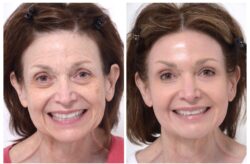Human Growth Hormone (HGH) is a complex, protein-based, peptide hormone, also referred to as Somatotropin, that stimulates growth, cell reproduction and regeneration in our bodies. The HGH isoform is a protein of 191 amino acids and a molecular weight of 22,124 daltons.
This important hormone is produced in the Master Gland, otherwise called the Pituitary Gland, which is an extension of the brain, located on its lower side and lying directly just behind the nose. The pituitary gland naturally secretes the hormone, but production gradually decreases as we age. Since 1996, the hormone has been synthesized in the lab and is now widely available for hormone replacement therapy.
What Can HGH Do For Me?
HGH replacement therapy decreases our stores of body fat, increases bone density and muscle mass, improves skin tone and texture, reduces background fatigue, improves the effectiveness of our immune system and increases our sexual performance.
Synthesized HGH must be stored and transported in a refrigerated environment and is available either as a vial of powder that is reconstituted with bacteriostatic water, or premixed in measured, disposable cartridges.
How Do I Take HGH?
HGH injections are typically painless and given with a very small insulin syringe, into the fat lying just below the surface of the skin. Advanced delivery systems that resemble a common fountain pen, with replaceable HGH cartridges and micro needle tips, offer better portability and convenience.
Human Growth Hormone is becoming increasingly more recognized as an important element in hormone replacement therapy. The application of HGH in general hormone replacement therapy comes from the increasing research stemming from anti-aging and testosterone replacement therapy interests in the late 1990’s and the early part of the current century.
How Do I Know HGH Works?
HGH Therapy evolved in the early 1980s as a treatment for children exhibiting retardation in their growth patterns. Instances of the costly hormone being illicitly sold to adults for size and strength improvement in sports competition during its early history tarnished the hormone’s reputation. However, it also permitted researchers during the 1990s to record the side effects of Human Growth Hormone that appeared predominantly in athletes who used the much sought-after hormone for the HGH benefits prized in the sport of bodybuilding (see HGH and bodybuilding).
While management of Testosterone therapy among athletes was relatively well supervised, though discouraged by Professional Organizations and Sports Committees during this same early period, sports enthusiasts began to use HGH without appropriate medical supervision which resulted in their taking the hormone in doses 10 to 100 times the doses recommended in proper hormone replacement therapy for patients today.
Both men and women experienced the same positive manifestations of HGH with muscle growth and weight loss due to the diminishing of fat stores, and performance enhancement as a result of the hormones inotropic effect on striated muscle. Athletes from the former Eastern Block dominated by the Soviet Union provided numerous examples of excess intake of both HGH and the unrelated Testosterone hormone.
Are There Side Effects?
The HGH side effects, at 100 times the recommended dose, include hyperostosis (thickening of the frontal bones of the forehead), Carpal Tunnel Syndrome (painful tendons of the wrist) and elevated blood sugars. These effects are seldom seen today in treated individuals under proper medical supervision.
In 1996, a revolution took place in the world of biotechnology and the first HGH synthesis took place in the laboratory under carefully controlled conditions. From that time until the present, the cost of HGH fell, the safety of HGH free of contaminants reached the present day standard and large quantities of this extremely valuable and important hormone became available to the scientific and medical communities.
What Else Is HGH Used To Treat?
HGH doctors (specialists in hormone replacement with HGH) opened their practices across the country and advances in HGH research began to reveal the importance of this hormones use in rebuilding the body after the ravages of cancer, chronic disease and chronic injury.
One such discovery was the application of HGH therapy in treating an undesirable side effect of Human Immunodeficiency Virus (HIV) medications. The US Government began to fund the use of HGH in the treatment of the lipodystrophy that HIV patients suffer from taking their main antiviral medications called Protease inhibitors.
For these patients, HGH and fat loss became synonymous. HGH attacks the midriff fat stores and redistributes the fat to other parts of the body. Hence, the previously obese, pear-shaped, HIV patients, who had suffered the side effects of their Protease inhibitors, could now return to a normal body shape by adding HGH to their regimen of therapy. But, these fortunate patients discovered other things that the miracle-like HGH could do.
Does HGH Slow The Aging Process?
For the first time, HGH muscle growth along with the other HGH benefits began to be documented. It was not long before the elderly, prematurely aging and even middle-aged patients suffering from muscle weakness and fatigue began to seek out HGH therapy for anti-aging.
HGH was observed for the first time to improve depression (see HGH and Depression) in over 74% of the patients treated. This occurred because HGH increases not one but all of the three major central-nervous system neuro-transmitters: serotonin, norepinephrine and dopamine. Other HGH anti-aging benefits appeared in clinical documents for the first time. These benefits included positive changes such as higher metabolic rates, increased activity of the cells mitochondria, increased libido and restoration of healthy sexual performance.
Does HGH Cause or Accelerate Cancer?
Today, we have come to understand HGH as the most important and safest hormone in the array of hormones used in hormone replacement therapy. Unlike the smaller hormones, testosterone and estrogen, HGH is a much larger molecule. It is for this reason that researchers maintain that HGH has difficulty docking with the receptor sites on cancer cells. That is why, unlike testosterone and estrogen, HGH injections do not seem to pose a risk for cancer patients.
As research continues in this fascinating specialty of medicine, and demand and production increases, we are sure to discover new applications and lower costs than ever before.
For now, we know that HGH replacement therapy for men and women can benefit many people, beginning as early as the late thirties in age in some individuals. HGH can make the difference between being active and living a long and healthy life until the age of 90 and beyond, and being incapacitated, wheelchair-bound and not living a complete and fulfilled life.
What Is HGH? (Human Growth Hormone) Copyright © 2010 Alex Martin, MD, Los Angeles, Beverly Hills, Hollywood
For an easy-to-read book on HGH, see Grow Young With HGH by Dr. Ronald Klatz


